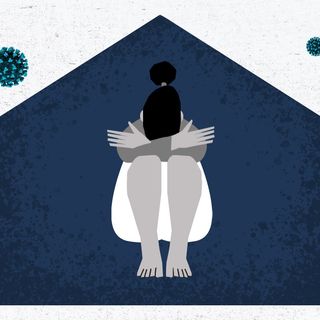Anti-viral drug, Remdesivir, which was believed to be one of the most promising treatment options for Covid19, has failed in a clinical trial. The WHO posted about the failure of Remdesivir on its website yesterday, but later removed the post, issuing a statement that the trial is still undergoing peer review.
Healthcare experts were hopeful, based on anecdotal evidence, that Remdesivir would prove to be an effective treatment option for Covid19. Based on an observational study published in the New England Journal of Medicine, where two out of three critically ill Covid19 patients treated with the drug appeared to show improvements, the ICMR said last week that Remdesivir might be highly effective in stopping the coronavirus from replicating in humans. In fact, earlier this week, it was reported that Indian pharmaceutical companies were working on locally developing Remdesivir for research purposes.
Now, in the first formal clinical trial to test its efficacy, which was conducted in China on 237 patients, has failed. Not only did the drug fail to have any effect on Covid19 recovery, but the trial was also stopped early because patients were displaying adverse side-effects.
Related on The Swaddle:
The Quality of Scientific Research Has Deteriorated Amid the Covid19 Pandemic. Ethicists Explain How to Fix It.
In an attempt to mitigate the PR fallout after the WHO’s post, Dr. Merdad Parsey, chief medical officer of Gilead Sciences, tweeted that the study was terminated early due to low enrollment and was not statistically significant. “We believe the post [on WHO’s website] included inappropriate characterisations of the study… Trends in the data suggest a potential benefit for Remdesivir, particularly among patients treated early in disease,” he added.
However, this is the latest in a string of confusing about-turns in the research on Covid19 treatments. Trump called hydroxychloroquine (HCQ) a “game-changer” against Covid19, based on a study that was retracted later, leading physicians to worry about people self-medicating without medical supervision because HCQ can lead to arrhythmias and sudden death. Meanwhile, a hospital in Indore has begun treating Covid19 patients with TCZ, an immuno-suppressant mainly used to treat rheumatoid arthritis, though its efficacy has only been demonstrated in anecdotal evidence.
The seemingly endless cycle of new possible treatments, followed by media amplification, only to be countered by inconclusive scientific results, is leading to a dangerous level of confusion about what information is reliable.




